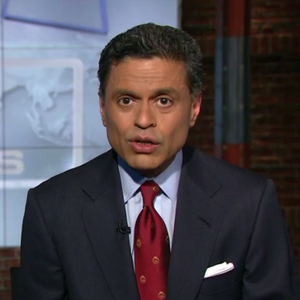
CNN’s Last Look: Homicide Monitor
CNN’s Fareed Zakaria GPS looks at “new interactive map” that “tells you where not to go”.

CNN’s Fareed Zakaria GPS looks at “new interactive map” that “tells you where not to go”.
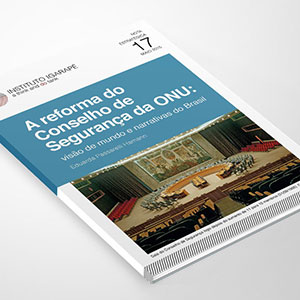
[In Portuguese] 2015 marks United Nations 70th birthday. With this, the existing debates about the adequacy of UN system to 21st century reality and needs gain strength.
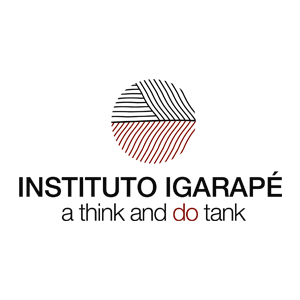
Se quisermos deixar de ficar reféns do medo da morte violenta, temos que discutir, para ontem e com toda a seriedade, questões como democratização da política, reforma da atual política de drogas, regulação responsável de armas, e, principalmente, políticas públicas de prevenção da violência.

A frente do Instituto Igarapé, que atua na área de segurança pública, e da Comissão Global de Política sobre Drogas, a brasileira se tornou referência mundial em algumas das causas mais fundamentais da atualidade

A macabre interactive map exposes the nations where people are most likely to be murdered
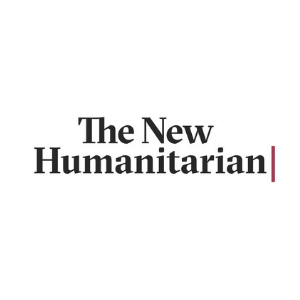
Are homicide statistics just another number crunching exercise or a helpful indicator for humanitarian intervention?

The sheer pace and scale of urbanization is precipitating one of the most dramatic demographic shifts in human history. More than half of the world’s population now resides in cities

Latin America cities are among the most violent and insecure on earth. The regional homicide rate is three times the global average

Ruth Dreifuss, former president of Switzerland and member of the Global Commission on Drug Policy is in Brazil to seek increased Brazilian governmental and civil society engagement in drug policy reform.

Honduras, El Salvador, Venezuela and Brazil earn unwanted distinction but homicides are concentrated among young male poor and policing can slash rates
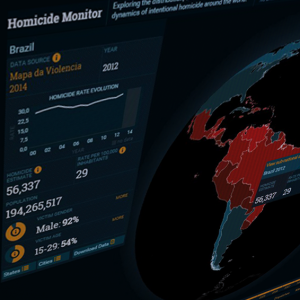
Igarapé Institute launches the Homicide Monitor, a digital application that reveals that just a small number of countries account for a disproportionately large share of the global burden of murder

“Strong gun laws are not equivalent to taking guns away from citizens”, says newest p-ed written by Rob Muggah and Ilona Szabó and published at the The Huffington Post
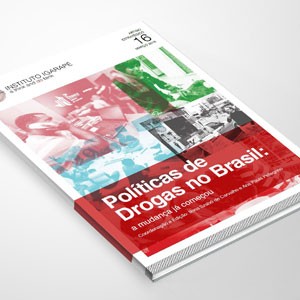
[In Portuguese] A report on 10 brazilian experiences of new approaches on drugs policy.

Correio Braziliense – Ruth Dreifuss, da Comissão Global de Políticas sobre Drogas, defende em evento em Brasília que se deve prender narcotraficantes e financiadores, não crianças.

Comissão a ser instalada nesta terça discutirá como facilitar porte de arma. Proposta prevê que quem cumprir requisitos poderá andar armado nas ruas.

A cientista social diz que o projeto das UPPs não é solução para todos os males, mas deu início à construção de uma sociedade mais saudável.

While not welcomed by everyone, new technologies such as cop cams are coming. Many of the U.S.’s largest police departments are already testing them

Por Vera Araújo Foram encontrados 41 fuzis , contra 20 achados no mesmo mês de 2014. Total de pistolas apreendidas também impressiona A tese de que o expressivo número de casos de vítimas de balas perdidas registrado em janeiro no estado — 32, mais de

Publicação do Instituto Igarapé mostra que políticas de drogas inovadoras já vêm sendo adotadas, embora debate sobre tema continue polarizado.

Ilona Szabó shares four lessons to change the world based on her experience in two transforming social movements

By reducing the number of legal and illegal guns in circulation, amnesties decrease the likelihood of someone getting shot

A ativista de segurança pública Ilona Szabó foi selecionada, junto com mais três brasileiros, para a nova turma de Jovens Líderes Globais pelo FME.

O Globo – “Reduzir significativamente todas as formas de violência e as taxas de mortalidade relacionadas” encabeça o rol de metas a serem alcançadas no período 2016-2030. A hora é já.
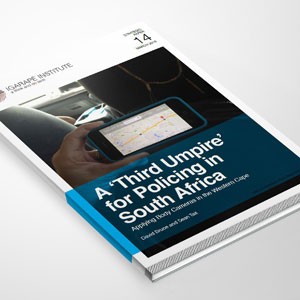
A report on Brazil’s security technology “Smart Policing”, an open-source app for monitoring police developed by Igarapé Institute.

Security researcher Robert Muggah turns our attention toward “fragile cities”. He shows us the four big risks we face, and offers a way to change course.

Cape Town and Rio de Janeiro have joined hands in trying out a new policing system. The famous cities are employing the use of mobile cameras to strengthen policing in various districts while improving police accountability and enhancing police relations with society. The initiative is

México se ha convertido en el paraíso del tráfico de armas para los grupos criminales, según denuncian los expertos. De los casi 15 millones de armas que circulan en el país, alrededor de 13 millones tienen procedencia ilegal. El principal proveedor es Estados Unidos Según

Normally, Rio is numb to violence. Each year, the number of homicides in the city of 12 million people is about one-third that of the entire United States with its 320 million people.

Rob Muggah lifts the lid on his data visualisation tools and exposes the work of cyber cartels, and what we can do to track them
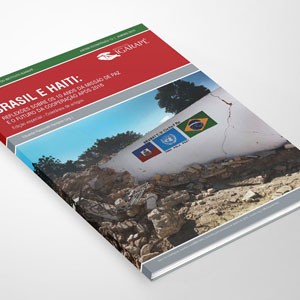
[In Portuguese] Collection of articles on the main challenges and development opportunities in Haiti.

O Instituto Igarapé utiliza cookies e outras tecnologias semelhantes para melhorar a sua experiência, de acordo com a nossa Política de Privacidade e nossos Termos de Uso e, ao continuar navegando, você concorda com essas condições.

